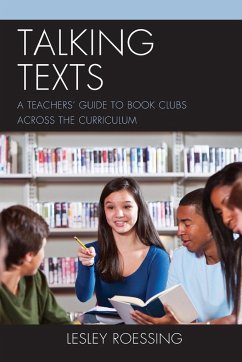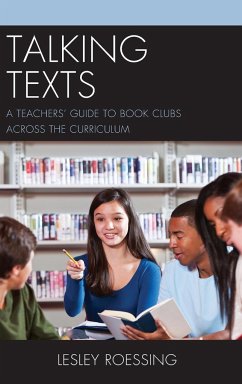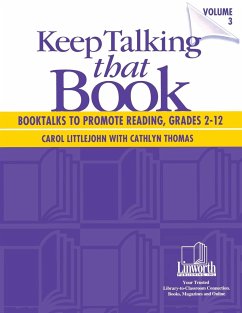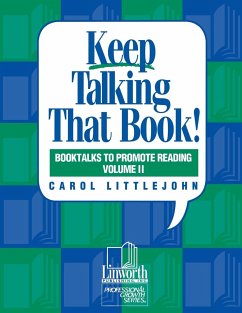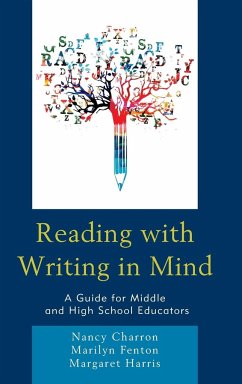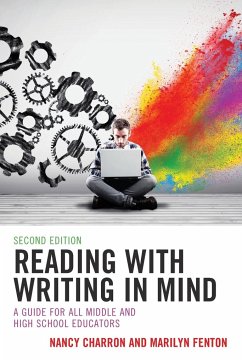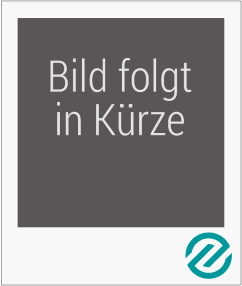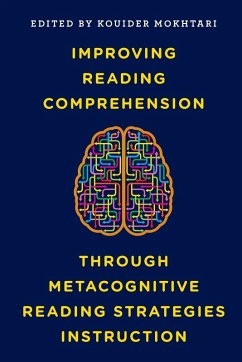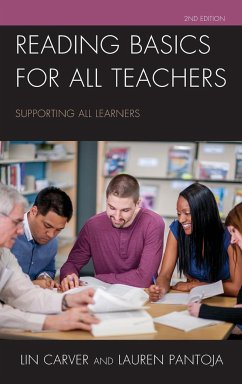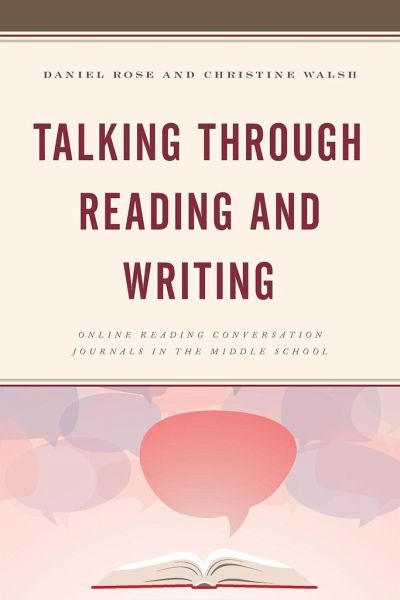
Talking through Reading and Writing
Online Reading Conversation Journals in the Middle School
Versandkostenfrei!
Versandfertig in 1-2 Wochen
36,99 €
inkl. MwSt.
Weitere Ausgaben:

PAYBACK Punkte
18 °P sammeln!
When readers and writers of all ages are supported socially, emotionally, and academically in their reading and writing processes, they acquire a sense of agency over text, and suddenly they begin to see reading in a different light. They begin to value reading more as a life skill, one that can change the way they act and think, and maybe even change the way they live. The Online Reading Conversation Journal offers teachers a practical teaching tool for creating engaged, independent readers who can make these connections.






